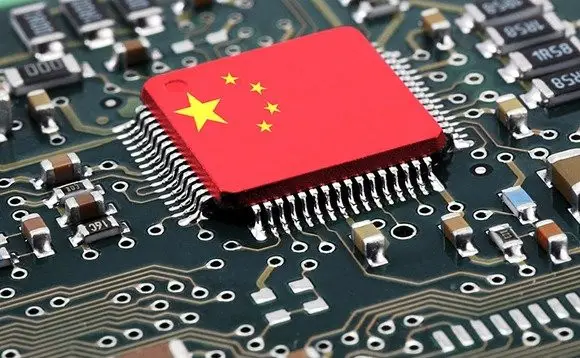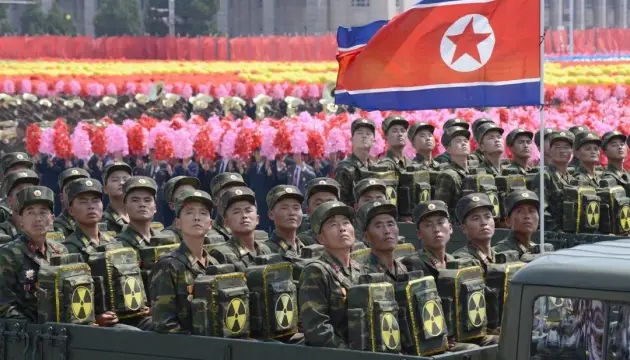China's Race for Microchips: Is a New Tech War Looming?

How Will This Affect the Global Economy?
The world stands on the brink of a new technological war, with microchips potentially becoming the key battlefield. China is rapidly ramping up investments in chip manufacturing, aiming to reduce its dependence on Western suppliers and mitigate the risks of further sanctions. In just the first six months of 2024, Beijing spent a record $25 billion on equipment for chip production, outpacing the combined expenditures of the US, South Korea, and Taiwan.
China as a Major Player in the Chip Market
According to the Semiconductor Equipment and Materials International (SEMI), China is the largest consumer of semiconductor equipment. Not only does it lead in technology spending, but it also plans to invest an additional $50 billion by the end of the year in building new factories. These sweeping measures are aimed at making China less vulnerable to Western sanctions and reinforcing its status as a global tech leader.
China's scale of spending on chips is staggering. Beijing has become the largest revenue source for global giants such as Applied Materials, Lam Research, and KLA, which derive 32% to 44% of their revenue from the Chinese market. Even Japanese and Dutch companies like Tokyo Electron and ASML are reliant on Chinese orders, earning nearly half of their revenue from this country.
The West's Battle for Dominance
In response to China's expansion in the chip sector, the US and its allies, such as Japan and the Netherlands, are tightening sanctions and export controls. For instance, American companies like Micron Technology have already halted the sale of advanced chips to China. Washington is also actively negotiating with other countries to limit semiconductor technology supplies to Beijing.
One of the sharpest points of this battle is the imposition of restrictions on the supply of high-bandwidth memory (HBM) chips, which are critical for artificial intelligence development and military technologies. Chinese tech giants, such as Huawei and Baidu, are already scrambling to purchase the necessary chips in anticipation of new US sanctions.
China's Responsе
Beijing is not only actively purchasing chips but has also imposed its own sanctions on critical materials like germanium and gallium, used in semiconductor and military technology production. This has dealt a significant blow to Western manufacturers, as China controls a large portion of the global supply of these elements.
Western countries now face additional challenges in ensuring a stable supply of critical materials. China's export restrictions on minerals have led to a sharp increase in prices in Europe, affecting the production of advanced technologies, including microprocessors and military optics.
Implications for the Global Tech Industry
Could this race lead to a new technological war? Quite possibly. China has already shown its readiness to counter sanctions with its own restrictions and control over key materials. In response, the US and its allies are intensifying efforts to limit Beijing's access to cutting-edge technologies.
Conclusion
The technological competition between China and the West is only intensifying. Both sides are striving to strengthen their positions, with microchips becoming the central battleground in this confrontation. On one side, China is rapidly increasing its investments in chip production; on the other, the West is trying to restrict Beijing's access to advanced technologies. This conflict could have far-reaching consequences for the global economy and the tech sector, shaping a new world order in the realm of innovation.












